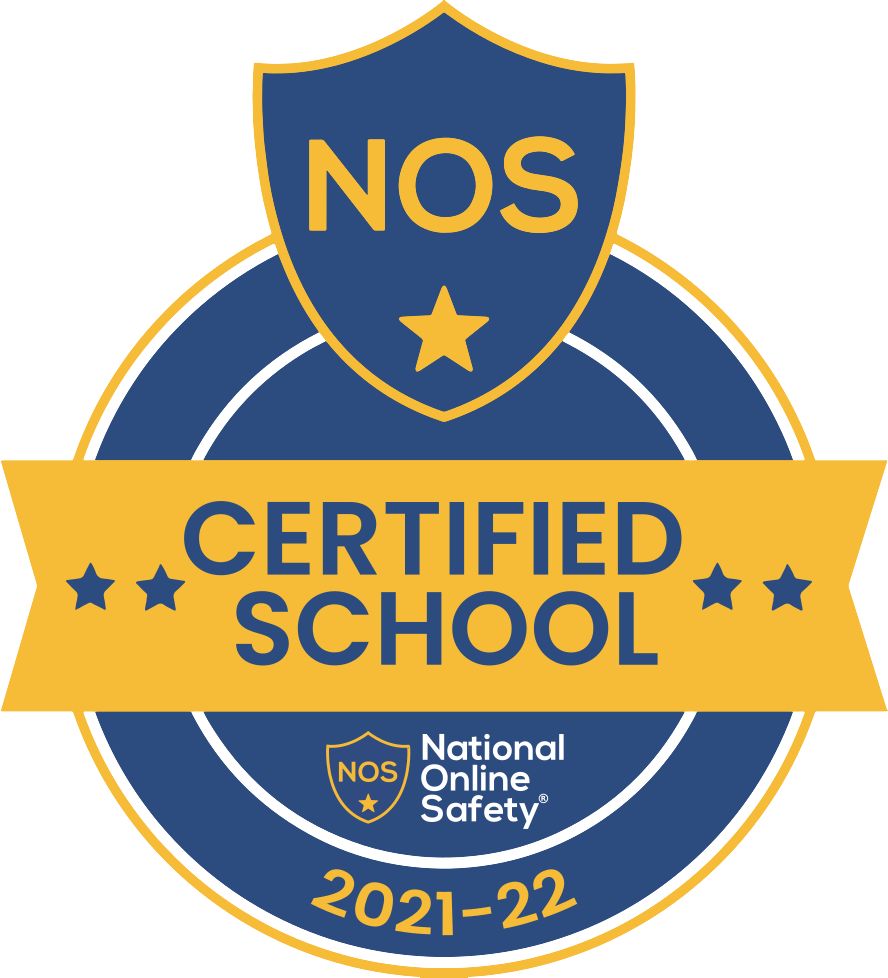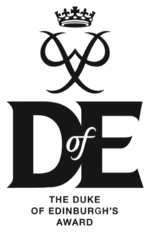Curriculum End Points
Year 7;
Pupils learn and practice skills, techniques and rules for Team/Individual games
- Football, Basketball Netball, Rugby, Rounders, Cricket, Badminton, Tennis
- Trampolining, Fitness and athletics.
- OAA is taught through Competition at the end of units and with the visits from outside providers Desert Rats.
- Training Methods taught in Games units = Continuous training
- Fartlek
- Theoretical content and fitness knowledge taught through fitness units is: Tests for each
- Speed test 30 sprint, Muscular Endurance (1 min sit up and plank)
- Cardio Vascular – (Bleep or 12 min run). How to test take heart rate and expectation of 60 BPM. What is Circuit Training – SETS REPS –structure /overload by type/intensity
- Broad jump.
Year 8;
Pupils learn and practice skills, techniques and rules for Team/Individual games
- Football, Basketball, Netball, Rugby, Rounders, Cricket, Table tennis, Tennis
- Trampolining, Fitness and athletics.
- OAA is taught through Competition at the end of units an with the visits from outside providers Desert Rats
- Interval training as part of athletics
- Theoretical content and fitness knowledge taught through fitness units:
- Circuit training variations super sets/pyramids
- Weight training – resistance
- Energy Balance - Diet – burning off calories in certain food e.g Kit Kat Challenge
- Tests
- Illinois Agility
- Muscular strength
- Flexibility
- Fitness testing normative data
Year 9;
Pupils learn and demonstrate tactics and leadership for Team/Individual games
- Football, Basketball, Netball, Rugby, Handball, Rounders/Softball, Cricket, Badminton or Table tennis, Tennis, Fitness and athletics.
- Specific Circuits is taught in Games lessons - SAQ
- Theoretical content and fitness knowledge taught through fitness units:
- Target HR training zones
- Aerobic/Anaerobic
- Antagonistic pairs
- Muscle groups – names
- Quad/Hamstring
- Bicep/Tricep
- Abdominals/Latisimuss Dorsi
- Gastrocnemius
- Principles of Training
- Progression – Overload Specificity Reversibility time
GCSE /CNAT students follow the exam board spec which includes GCSE:
1. Applied anatomy and physiology
2. Movement analysis
3. Physical training
CNAT
Fitness and Training
Year 10;
Pupils perform/umpire a similar variety of activities but with more personalisation e.g Pupils are allocated a venue and then choose activities for the whole term of half a term. This can involve more social games ie Kin ball, Boxercise, Bench ball with emphasis on Fitness, enjoyment and leading themselves.
Theoretical content and fitness knowledge taught through fitness units:
Pupils plan PEP for themselves of clients applying the knowledge learnt in KS3
GCSE and CNAT students follow exam board specs which includes:
GCSE
1. Physical training
2. Use of data
3. Sports psychology
4. Socio-cultural influences
NEA Analysis and evaluation coursework
CNAT
Sports Injuries - Exam
Sport Psychology/Sports Technology
Year 11;
Pupils perform/umpire in a similar variety of activities but with more personalisation as per Year 10 for one lesson a week. For one lesson a week pupils select an activity from a much wider offer – including offsite or guest instructors if timetabling allows.
Theoretical content and fitness knowledge taught through fitness units:
Pupils plan PEP for themselves of clients applying the knowledge learnt in KS3
GCSE and CNAT students follow exam board specs which includes:
1. Health, fitness and wellbeing
2. Exam practice
3. Revision – revisit and retrieve
4. Practical assessment – including offsite.
Year 12;
Pupils follow the OCR A’Level PE Specification as well as the Sports Leaders Level 2 qualification. This theoretical content includes :
-
Applied anatomy and physiology
-
Biomechanics
-
Skill acquisition
-
Sport and society
Through performance or coaching
- Evaluation and Analysis of Performance for Improvement (EAPI)
Year 13;
Pupils follow the OCR A’Level PE Specification as well as the Sports Leaders Level 3 qualification. This theoretical content includes:
-
Exercise physiology
-
Sports psychology
-
Contemporary issues in physical activity and sport
Through performance or coaching
- Evaluation and Analysis of Performance for Improvement (EAPI)







